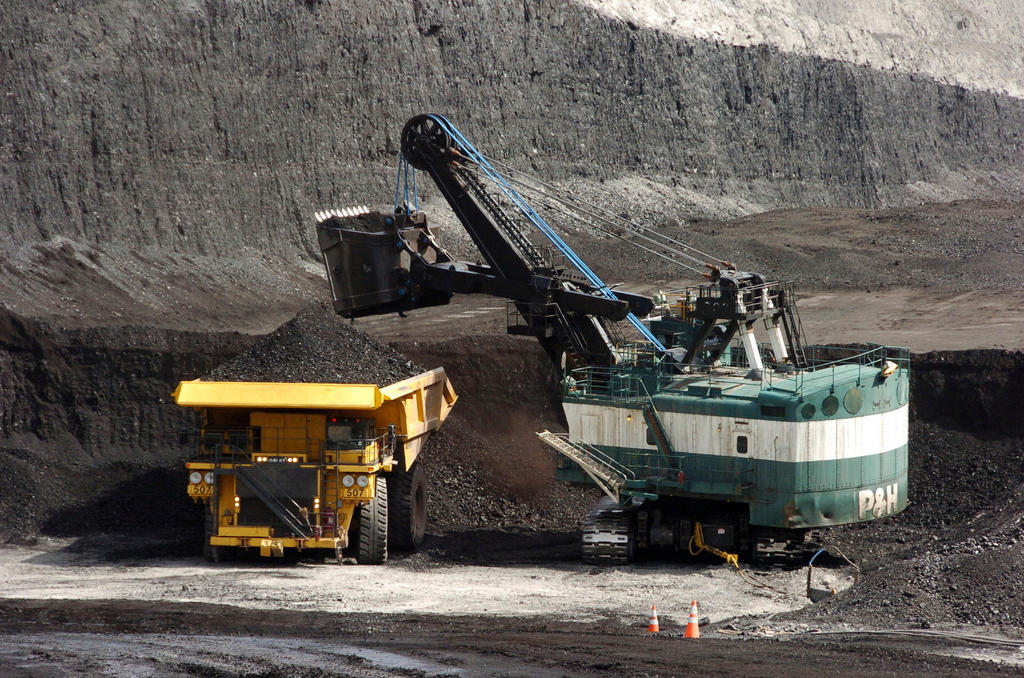Banks accused of massive fossil fuel investments

Banks are said to have financed fossil fuel firms to the tune of $1.9 trillion (CHF1.9 trillion) since the 2015 Paris climate accord. The share of Switzerland’s two largest banks, UBS and Credit Suisse, was $83 billion in the last three years, according to a group of NGOs who compiled the statistics.
The Swiss sum pales in comparison with the biggest banking investments in the 1,800 fossil fuel companies covered in the reportExternal link. The top ‘offender’, United States bank JP Morgan Chase, splashed out $196 billion by itself in the years 2016-2018.
The financing includes investments in companies that take part in the most controversial activities, such as fracking and mining for oil and gas in the Artic circle.
NGOs BankTrack, Rainforest Action Network, Indigenous Environmental Network, Oil Change International, Sierra Club and Honor the Earth say this undermines an international commitment to stop global temperatures rising more than two degrees Celsius above pre-industrial levels.
The NGOs do credit UBS and Credit Suisse with tightening their investment policies, particularly in relation to coal. But the banks still accuse the report authors of playing loose with selective statistics to paint a one-sided picture.
Banks defend records
In its own reporting, UBS said it identified zero “significant climate-related financial risk on balance sheet” last year and only $2.7 billion in “carbon-related assets” – down from $6.6 billion in 2017. The bank also values its 2018 “climate-related sustainable investments” at $87.5 billion – up from $74 billion in 2017.
“We already limited our risk appetite for carbon-related assets and have further tightened our standards on coal-financing transactions while growing our exposure in climate-related sustainable asset classes,” stated chief risk officer Christian BluhmExternal link.
Credit Suisse said in a statement: “Credit Suisse recognizes its responsibility to fight climate change by supporting the transition to a low-carbon and climate-resilient economy. In recent years, the bank has continuously reviewed and in many cases tightened its policies on sensitive industries. Since 2016, for example, Credit Suisse has been restricting the financing of new mine projects for thermal coal and new coal-fired power plants.”

In compliance with the JTI standards
More: SWI swissinfo.ch certified by the Journalism Trust Initiative













You can find an overview of ongoing debates with our journalists here . Please join us!
If you want to start a conversation about a topic raised in this article or want to report factual errors, email us at english@swissinfo.ch.